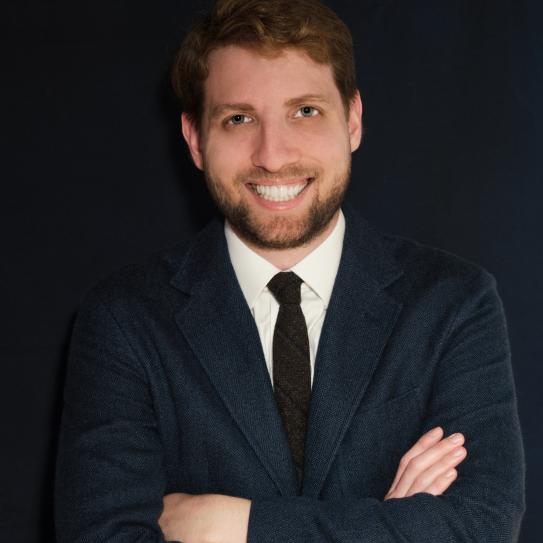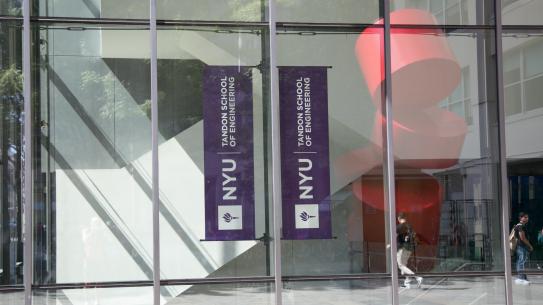
Research in the Laboratory for Sustainable Catalytic Processes (LSCP) is focused on addressing the problem of plastic waste. Currently, most types of plastic end up landfilled or incinerated, inducing environmental pollution and loss of economic value. We believe that a circular economy is a solution to the plastic waste problem. In a circular economy, waste is redefined as a resource to make new materials and products. With new circular technologies and processes, waste plastic will be converted into new commodities and sustainably reused with minimal energy input. To enable these technologies, we leverage catalysis and reaction engineering to design processes that will treat waste plastic, like packaging, water pipes, and epoxy composites from wind turbine blades, and transform them into valuable new products (upcycling) or monomers to make new plastic (recycling). Our goal-oriented research strategy combines multiple disciplines within chemical engineering, including heterogeneous catalysis, organic and physical chemistry, material science, and process intensification. This approach allows us to tackle the plastic waste problem from different angles and with a special focus on two main research directions:
- Reactor and catalyst design for intensified conversion of high-volume commodity plastics. The reactor design work is focused on overcoming heat and mass transfer limitations and generating engineering data for further scale-up. We aim to achieve high activity and selectivity in plastic conversion with precise catalyst engineering.
- New reaction discovery for plastic upcycling to valuable product streams. We use in situ spectroscopy to gain fundamental insights into reaction mechanisms and catalyst performance. Our research thrives on bridging the gap between fundamental knowledge and process scale-up and development. We are excited to partner with industry to find new innovative ways to deal with various waste streams. Our broader interest includes multiple other aspects of catalysis related to the ongoing transition to sustainable chemical manufacturing.
Education
Lomonosov Moscow State University, 2018
Ph.D., Physical Chemistry
Lomonosov Moscow State University, 2014
M.S., Chemistry
Professional Experience
Evonik
Process Development Engineer | Global Process Research, 2023-2024
University of Delaware
Postdoctoral Fellow, 2019-2023


